
WELLINGTON, July 11 (Xinhua) --- Air travelers coming into New Zealand are to have their luggage x-rayed abroad and the images sent to New Zealand officials for biosecurity screening before it arrives in the country, the government announced Thursday.
Primary Industries Minister Nathan Guy said the process was a " world first" and was an initial trial involved the transfer of aviation security x-ray images from Melbourne Airport, in Australia, to Auckland for passengers on Air New Zealand flights.
Passengers would still be subject to clearance requirements prior to boarding the plane, Guy said in a statement.
"This technology will allow biosecurity staff to assess the x- ray images before the plane touches down. Any bag containing biosecurity risk items will then be matched with the passenger, who will face further scrutiny by officials upon landing," said Guy.
If the trials were successful, the Ministry for Primary Industries (MPI) would look to extend the system to other major Australian airports in order to protect the country from pests and diseases.
In the longer term, x-ray image transfer could be applied to routes with higher biosecurity risks to New Zealand, such as those from Southeast Asia, parts of Europe and the Pacific.
"New Zealand is leading the game here. A number of countries, airport companies and airlines are keen to see if this technology provides biosecurity benefits," said Guy.
"MPI currently will continue to use surveys, declaration forms, detector dogs, x-ray screening and random physical searches to monitor biosecurity risk among air passengers."
The announcement came the same day as a leading New Zealand agricultural scientist said the country had "gone soft" on biosecurity with potentially catastrophic results for the economy.
Institute of Agricultural and Horticultural Sciences' former President John Lancashire told Radio New Zealand that cuts to government departments and a focus on free trade and tourism were all contributing to the problem.
He said the government had to put in more resources otherwise it risked potential catastrophes like a foot and mouth outbreak.
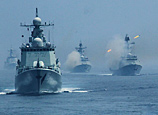
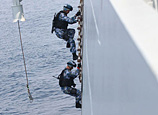

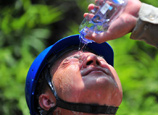
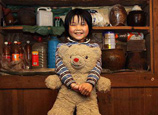
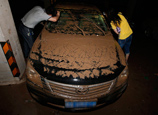


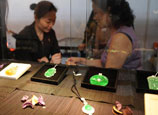







 Rainstorms flood more than 10,000 cars in underground garages in Wuhan
Rainstorms flood more than 10,000 cars in underground garages in Wuhan


![]()
